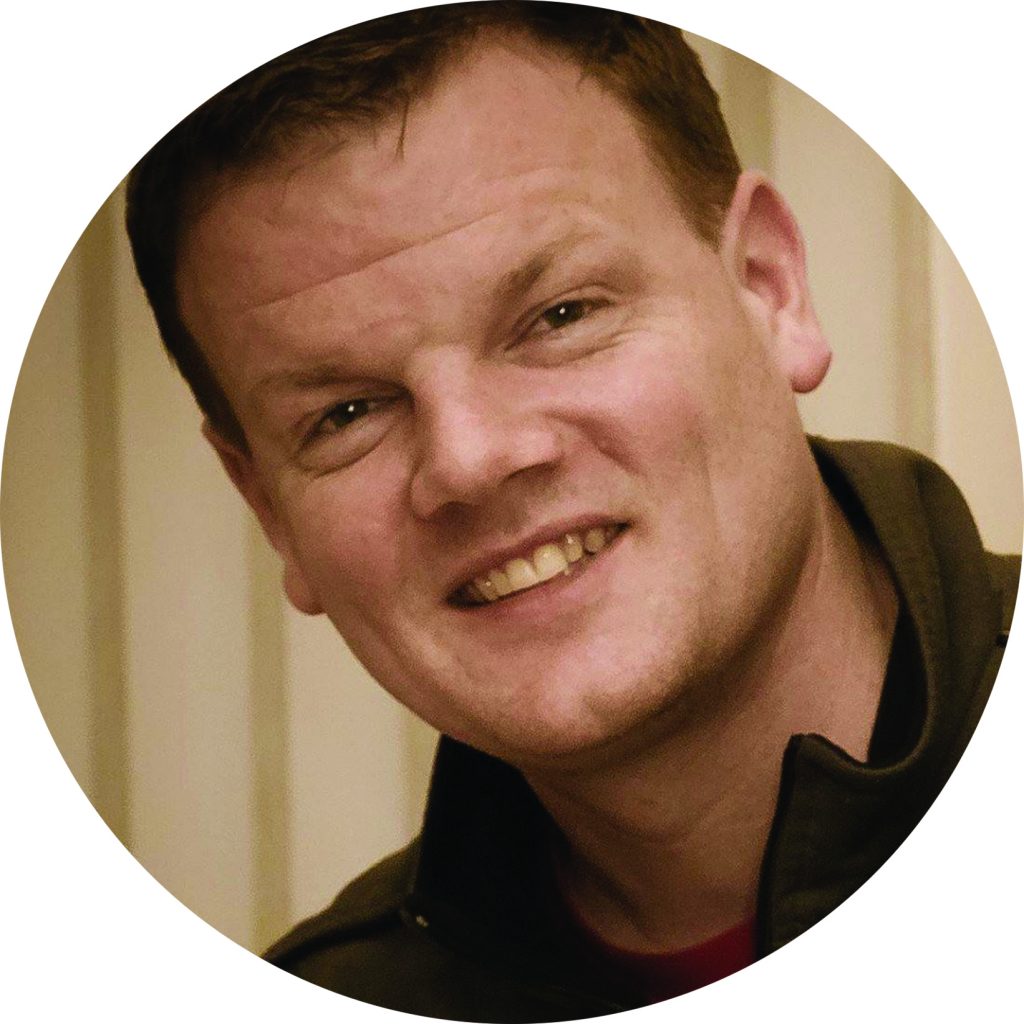The Entertainment Market Is Growing
That’s Great, But What Does That Mean for Our Industry?

Howard McAuliffe
by Howard McAuliffe, Partner, Pinnacle Entertainment Group
The 10 years of economic growth in the U.S., combined with a shift in consumer spending to experiences over things has been good to the family entertainment industry. New combinations of arcades with food and beverage, bowling, movies and/or hotels have created new venues for elements of traditional FECs. As these successful concepts continue to proliferate into the market, it is natural to wonder what comes next.
The quarterly feature “State of Play: 25 innovations to inspire your team” by trendwatching.com outlined several ways that “play” will drive business. The report described the growing market for play in the world, including public and retail spaces plus other areas not traditionally thought of as entertainment. Many traditional retailers and property owners are looking for ways to expand entertainment. While this will increase competition for existing models, it will also provide opportunities for those willing to innovate.
The skills and experience of many in our industry can be leveraged by others as the need for new concepts grows. The two key takeaways I had from reading from the report were that the market for play is expanding and that much of the expansion is driven by play appealing to broader demographics.
In April 2018, Newzoo, a company that specializes in market intelligence for games, esports and mobile, forecastd that consumer spending on gaming will grow to $180 billion by 2021, an annual growth rate of 10 percent from 2017 and 2021. I believe a significant portion of this growth will be in out-of-home entertainment, not just consumer games. This is a tremendous opportunity for our industry. For example, we have just begun to scratch the surface of the potential for esports in out-of-home concepts.
Last Friday night we visited The Summit in Thornton, Colo., outside of Denver, which is a bowling entertainment center offering VR, an arcade, restaurant, bar and bowling. We know the appeal of these concepts for multiple demographics has been growing and The Summit was a perfect example of this trend.
Inside, there was a group of 10 Baby Boomers in their seventies drinking beer, eating and watching a game in the full restaurant. In the arcade, there were teenage girls in the photo booth together, teenage boys racing in Cruis’n Blast, a father and young son playing air hockey, plus many other individuals and groups playing in the near-capacity arcade.
In the upscale boutique bowling and bar area, couples in their thirties were bowling and drinking. Throughout the bustling center were people of various ethnicities and ages enjoying and spending their money in a shared space. Clearly, the market for an FEC has expanded beyond the traditional market of kids and families. Senior citizens are more active than ever, and there is growing consensus that play can counteract loneliness, depression and even dementia for aging Americans. Not only can FECs be fun, they can also be healthy!
I think the future is bright, but that doesn’t mean there is nothing to be concerned about. Some markets are already saturated with large-footprint, indoor entertainment concepts. The drive for landlords, as well as major sources of capital, to fill the ever-increasing supply of big box space that is becoming available due to retail bankruptcy, could oversupply the market in some cases. Also, we’ve been in an expanding economic environment for the last 10 years. At some point there will be a recession. We’re also seeing rising interest rates that can squeeze companies that are highly leveraged.
Increased spending on gaming, as well as an expanded demographic appeal, are evidence of an opportunity for growth in entertainment, but we can’t simply continue to do what we have been doing. Concepts that combine entertainment with retail will be created. New things like VR and eSports will continue to grow in out-of-home concepts to capture new markets.
Those who adapt and change will likely be successful in capturing the new market for play.
Howard McAuliffe loves to imagine and implement new products, business models, and ideas, and is a partner in Pinnacle Entertainment Group Inc. He’s an industry veteran who got his start in the business when he was just 16 and has 20 years of expertise in product development, as well as FEC and route operations. Howard’s wife Reem and young son Sami are the center of life outside of work. When he’s not working, Howard can be found enjoying the outdoors, hiking, fishing and mountaineering. Traveling anywhere new or to old favorites like the American West is a passion. Readers can visit www.grouppinnacle.com for more information or contact Howard at [email protected], he welcomes positive as well as constructive feedback and counterpoints.




